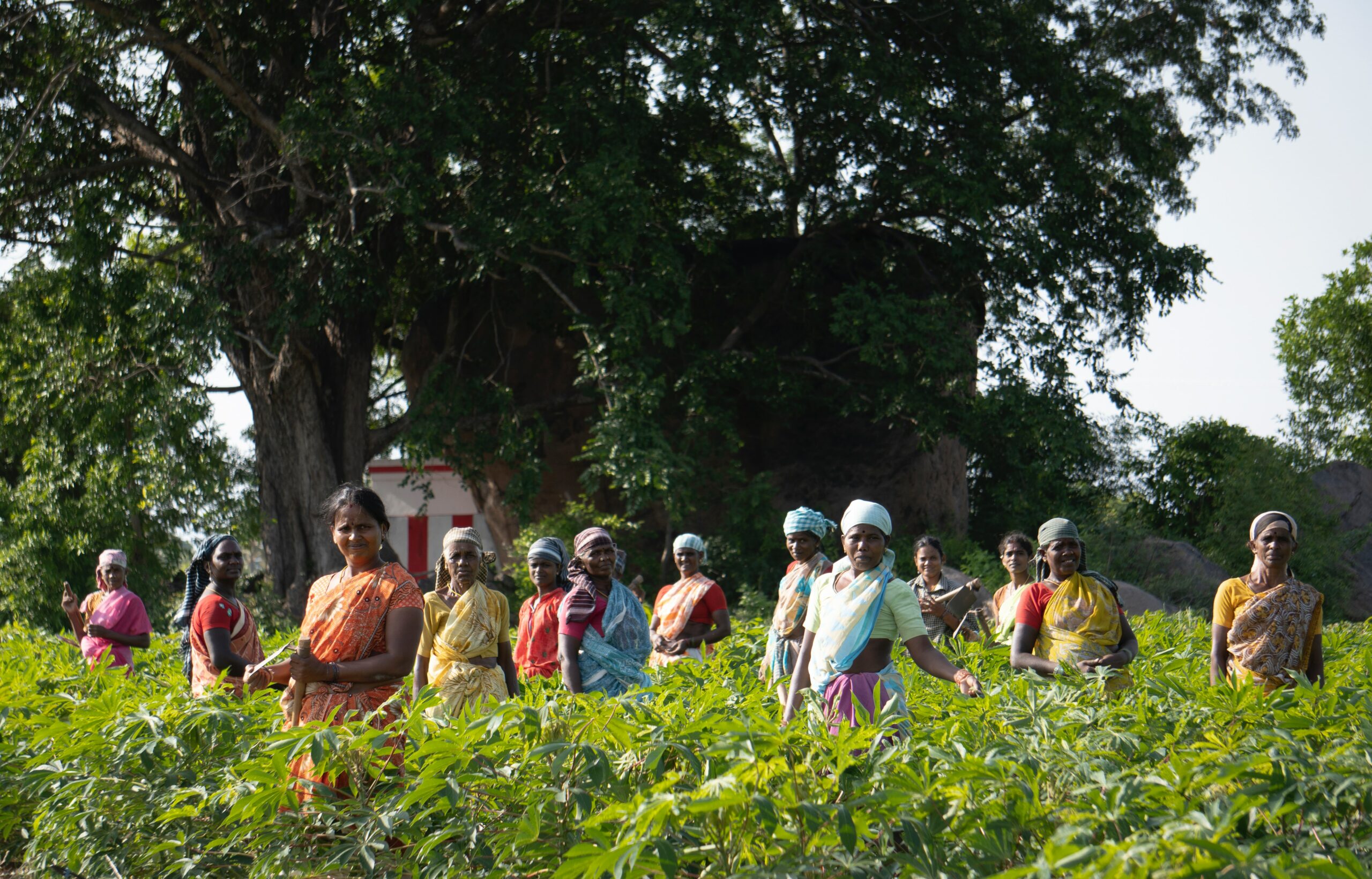In recent years, there has been a growing acknowledgement of women’s vital role in leadership and their contribution to addressing the challenges of climate change. Although women have historically been underrepresented in leadership positions, a powerful movement has emerged to rectify this imbalance. Global Gender Gap Report by World Economic Forum indicates that greater gender diversity in leadership leads to better business outcomes and facilitates more effective solutions to climate change.
A remarkable event that exemplified the commitment to driving progress towards a sustainable future was Catalysing Change Week 2023. Individuals and organisations united to foster meaningful discussions and initiatives during this event. Yunus Environment Hub hosted one session focused on advancing women’s leadership in business and climate action. This dynamic session shed light on women’s pivotal role in addressing the urgent challenges of climate change. It emphasised the need to empower them to take the lead and make crucial decisions.
The session underscored women’s immense potential and untapped talent in driving environmental, social, and economic impact. Women possess unique perspectives, insights, and skills that can contribute to developing innovative solutions for a better future. Promoting their leadership and active participation in business and climate action can unlock a wealth of untapped potential and accelerate the transition to a greener and more inclusive world. One of the critical aspects highlighted during the session was the importance of creating an enabling environment for women entrepreneurs.
The session featured esteemed panellists, including Awuor Dorothy Otieno, founder of Nyalore Community Based Organisation; Patrice Wachira, founder of the social business Patvention; and Joyce Kamande, founder of the social business Safi Organics Ltd. These inspirational women shared their expertise and insights on advancing women’s leadership in business and climate action.
To advance women’s leadership in business and climate action, several key strategies where discussed:
- Promote gender diversity at all leadership levels: This involves increasing the number of women in leadership positions and fostering a culture of inclusivity and support that encourages women to thrive.
- Provide training and development opportunities: Women often encounter unique challenges in the workplace, such as unconscious bias and the “double bind” of needing to be assertive without being perceived as aggressive. Offering training and development opportunities can help women overcome these challenges and develop the skills necessary for success.
- Encourage women’s participation in climate action: Women are often at the forefront of climate change impacts, and their knowledge and experiences can be invaluable in developing effective solutions. Encouraging women’s active involvement in climate action ensures that policies and initiatives are more effective and equitable.
- Address structural barriers: Women face various structural barriers that hinder their career advancement and participation in climate action. These barriers include unequal pay, limited access to education and training, and restricted access to capital. It is crucial to address these structural barriers to foster women’s leadership in both business and climate action.
Yunus Environment Hub is at the forefront of advancing the role of women leadership in social business and climate action. We recognise the crucial connection between gender equality, environmental sustainability, and economic development. By providing resources, mentorship, and networking opportunities through programs such as SHE Stars – See Her Empowered and CirculaRise programs, Yunus Environment Hub has created a platform for women leaders to flourish and lead climate action in their communities. Through our programs we enable women to become climate champions who advocate for policies that prioritise environmental stewardship. By championing women’s leadership, Yunus Environment Hub is fostering a more inclusive and equitable future where women play a central role in shaping a sustainable and resilient world.
